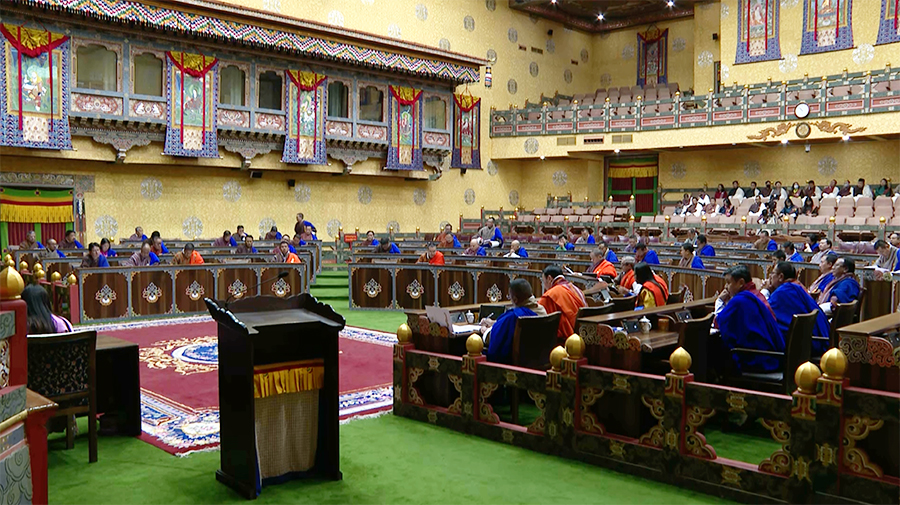 Can leadership training and awareness campaigns to address gender stereotypes improve Bhutanese women’s participation in politics? A student group feels such initiatives can help increase women’s representation. Highlighting that women’s representation in parliament decreased in 2023 compared to the previous parliamentary election, they proposed these recommendations at the LeadHERship Policy-thon on Gender and Governance programme yesterday.
Can leadership training and awareness campaigns to address gender stereotypes improve Bhutanese women’s participation in politics? A student group feels such initiatives can help increase women’s representation. Highlighting that women’s representation in parliament decreased in 2023 compared to the previous parliamentary election, they proposed these recommendations at the LeadHERship Policy-thon on Gender and Governance programme yesterday.
In the 2023 parliamentary election, women’s representation in the National Assembly dropped to just over four per cent, with only two women elected out of 26 candidates.
This marks a decline from over 14 per cent in 2018 when seven women were elected out of 18 candidates.
Women’s representation in local government increased in 2021 LG elections compared to 2017 but it was still below gender parity.
Similarly, women’s representation in the National Council declined to five per cent in 2023, with only one woman elected out of five candidates, down from 10 per cent in 2018.
The student group highlighted that low women’s representation in politics may lead to unbalanced decision-making and limited gender-inclusive policies stating that policies may overlook gender-specific issues.
The group presented recommendations to tackle these issues to the policymakers and government representatives attending the programme.
Besides, recommendations to address stereotypes, they proposed encouraging women’s political participation by ensuring job security after elections to reduce financial uncertainty.
“There are still stereotypes in our society that women cannot participate in politics while there are also many women who think that they cannot do it,” said Phuntsho Wangchuk Rinzin, a participant at the LeadHERship Policy-thon on Gender and Governance programme
Moreover, the group also suggested providing childcare support for women politicians to help them balance work and family responsibilities.
Phuntsho Wangchuk Rinzin said, “We want to share our ideas and recommendations with government agencies and in doing so we hope to help increase women’s participation in politics.”
The number of women contesting and the results of the next parliamentary elections will tell if these recommendations if implemented, can increase women’s participation in politics or not.
Sangay Chozom
Edited by Phub Gyem









